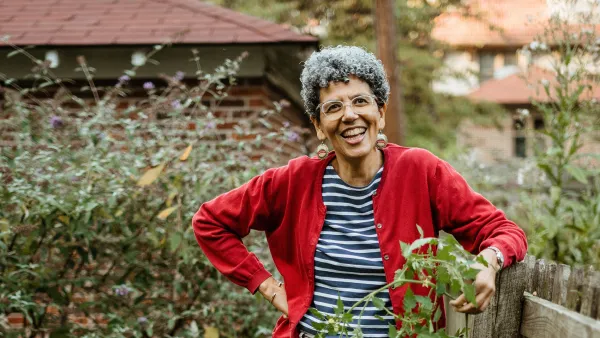Professor Zafar writes about the intersection of food, authorship, and American identities, nineteenth century Black writers, and the Harlem Renaissance. She is the Ford Foundation Fellowship Programs regional liaison for Missouri, Arkansas, Kansas, and Oklahoma.
Zafar began her career at Washington University in St. Louis as Director of the Program in African & African American Studies; she has also directed Undergraduate Honors in the Department of English. Currently she is the Ford Foundation Fellowship Programs regional liaison for Missouri, Arkansas, Kansas, and Oklahoma.
Zafar’s publications include God Made Man, Man Made the Slave (co-editor; Mercer 1990); Harriet Jacobs and Incidents in the Life of a Slave Girl (co-editor; Cambridge UP, 1996); We Wear the Mask: African Americans Write American Literature, 1760-1870 (Columbia UP, 1997); and Harlem Renaissance Novels: The Library of America Collection (two volumes; Library of America, 2011). Recipes for Respect: African American Meals and Meaning appeared in March 2019 (Southern Foodways Alliance Series/University of Georgia Press).
Zafar has received fellowships from the Ford Foundation, the American Antiquarian Society, and the Virginia Center for the Humanities; in 2007 she held the Walt Whitman Distinguished Fulbright Chair at Utrecht University in the Netherlands. In 2014-2015 she was the National Endowment for the Humanities Scholar in Residence at the Schomburg Center for Research in Black Culture at the New York Public Library.
Professor Zafar was recently interviewed by Sauce Magazine.










